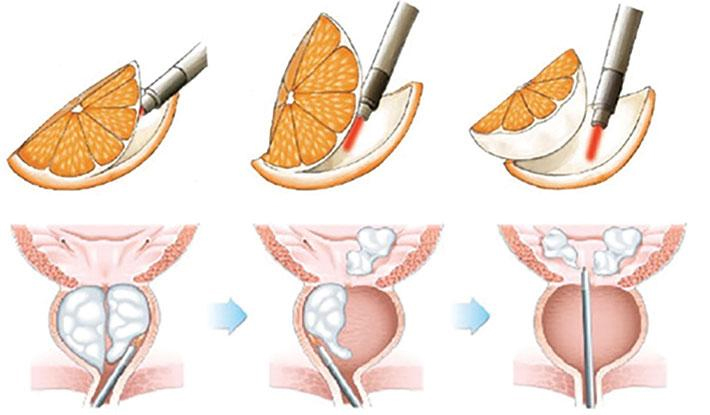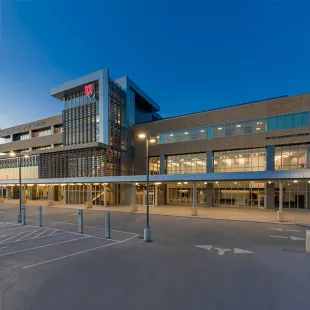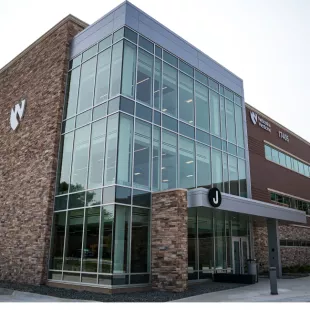Sometimes as men age, the prostate continues to grow. If you're experiencing a weak urine stream, trouble getting your flow going, or not feeling like you are emptying your bladder, you might have an enlarged prostate. Also called benign prostatic hyperplasia (BPH), having an enlarged prostate is common in men over the age of 50. These symptoms can be frustrating and painful, but we can help. These aren't symptoms you just have to live with.
In many cases, BPH is not serious, and making certain lifestyle changes, like reducing your caffeine intake, may alleviate symptoms. If further intervention is needed, there are a number of medical and surgical treatment options that can be explored to help restore your normal urine flow. If left untreated, it can cause bladder, urinary tract or kidney problems.
What to expect at your first visit
During your first visit, your doctor will assess your overall health and perform the necessary screenings for conditions like kidney disease and prostate cancer.
Those screenings may include:
• Male genital exam
• Prostate exam
• Urinalysis (a test to analyze your pee)
• Uroflowmetry (a measurement of how fast you pee)
• Urodynamics (a measurement of the pressure in your bladder)
• Lab tests
• Imaging tests
Once a diagnosis has been made, we'll work with you to plan the best course of treatment. This may include making certain lifestyle changes, taking medication or having surgery to remove or reduce the size of your prostate.
Why you should choose Nebraska Medicine for prostate care
Personalized treatment plans
It is important to know your symptoms and to understand your prostate – shape and size matter. We provide a personalized medical or surgical treatment centered on your goals, prostate anatomy and other patient factors. We have advanced diagnostic tools such as MRI or cystoscopy that allow us to further assess prostate size and shape. Additional studies such as urodynamics and bladder scans allow our doctors to identify the effect of your prostate on your bladder's function.
Advanced treatment options
Our board-certified urologists are experts at treating enlarged prostates. We provide a wide variety of advanced treatment options for this condition. This includes the latest minimally invasive surgical treatments and robotic and laser procedures, which can offer quick relief from symptoms and a faster recovery.
We were the first facility in the state to offer holmium laser enucleation of the prostate (HoLEP). Similar to coring an orange from the inside, HoLEP uses a laser and camera (scope) to remove the entire portion of the prostate that is blocking urine flow, leaving behind the outer layer. The tissue is pushed into the bladder and removed through a scope without an incision.

HoLEP provides a lasting solution for patients with a severely enlarged prostate. Traditional open prostate surgery can require multiple days in the hospital and weeks using a catheter. Because HoLEP is laser surgery and requires no incisions, patients can enjoy faster recovery and symptom relief compared with traditional prostate surgery.
Nationally recognized care
Nebraska Medicine is ranked among the nation's best. Each year, U.S. News & World Report surveys the nation's roughly 5,000 hospitals to come up with the year's list of Best Hospitals. Just 3% of the hospitals analyzed for Best Hospitals earn national ranking in even one specialty. As a nationally recognized health system, adults and children come to us from all over Nebraska and across the region for urologic conditions.



